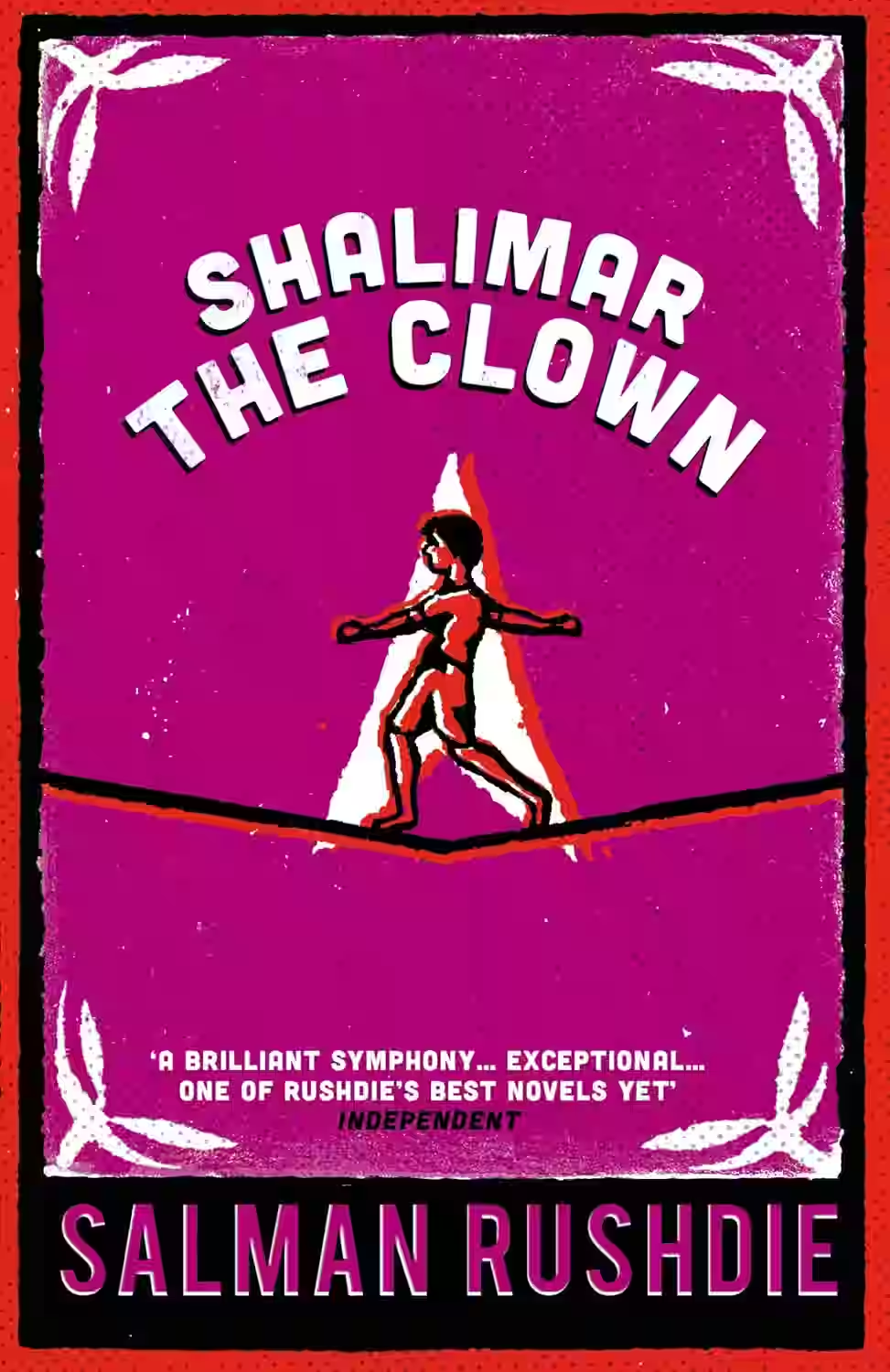
Salman Rushdie’s Shalimar the Clown is a political and personal tragedy that spans continents and generations. The novel begins with the assassination of a former U.S. ambassador in Los Angeles, then unravels the story of Shalimar, a Kashmiri performer whose love turns into violent vengeance. As it traces the rise of extremism and loss of cultural harmony in Kashmir, the book explores themes of betrayal, identity, terrorism, and the global consequences of personal choices. Blending lyrical prose with geopolitical insight, it’s a haunting meditation on love and war.
About Salman Rushdie
A British-American novelist of Indian origin, renowned for his magical realist narratives that blend historical events with fantastical elements. His works, such as Midnight's Children and The Satanic Verses, often explore themes of migration, identity, religion, and the complexities of post-colonial societies. Rushdie's eloquent prose, vibrant imagination, and fearless engagement with controversial subjects have earned him both critical acclaim and international notoriety, cementing his place as a major contemporary literary voice.
Other Books by Salman Rushdie
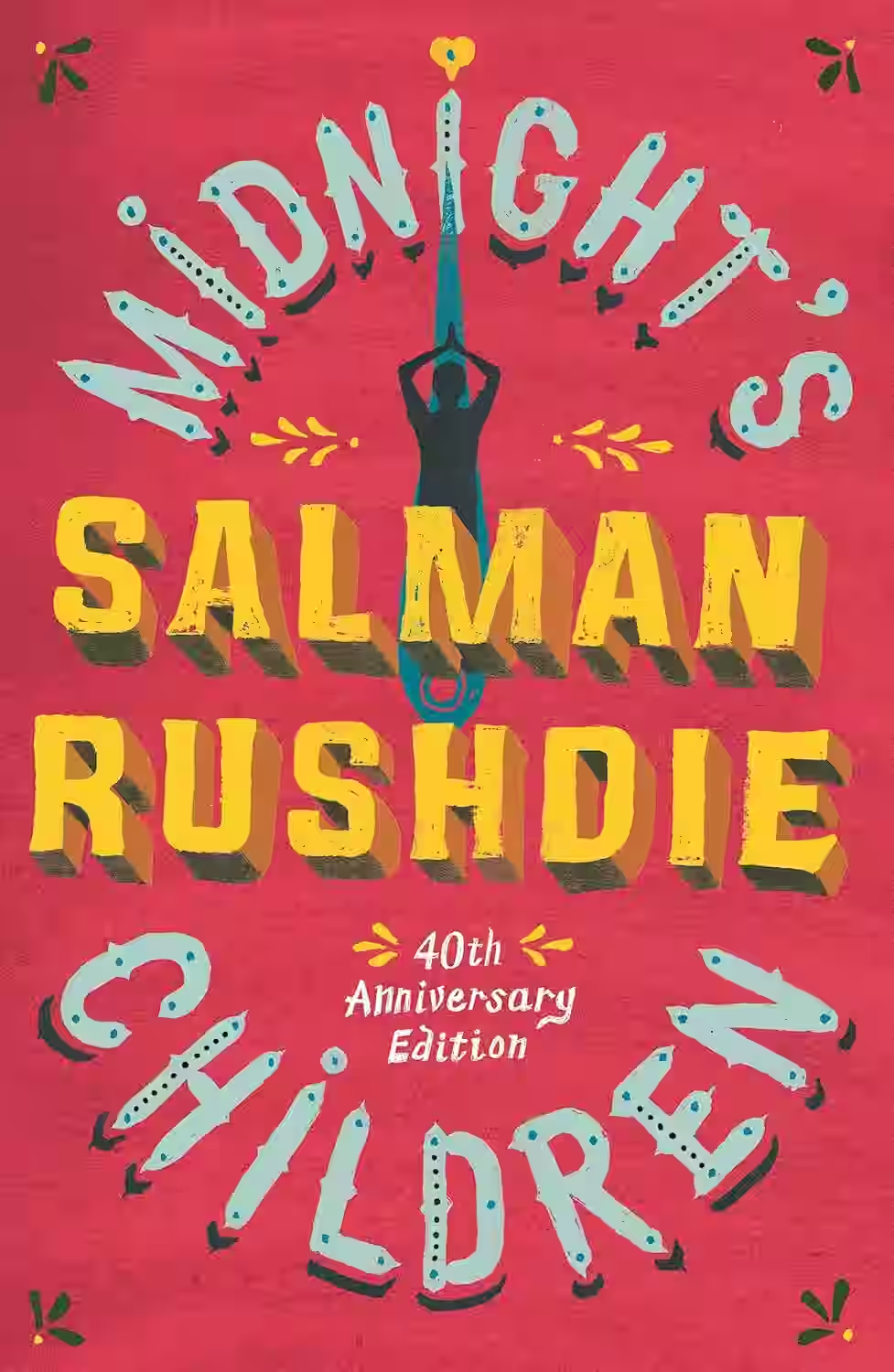
Midnight’s Children
Salman Rushdie’s Midnight’s Children is a sweeping magical realist novel that follows Saleem Sinai, born at the exact moment of India’s independence in 1947. His life becomes intertwined with the fate of the nation, as he discovers he has telepathic powers and is connected to other “midnight’s children” born at the same historic hour. Blending history, politics, and mythology, the novel explores themes of identity, memory, and national trauma. With its vibrant prose and inventive storytelling, Rushdie captures the chaos and wonder of postcolonial India. Midnight’s Children won the Booker Prize and is regarded as a modern literary classic.
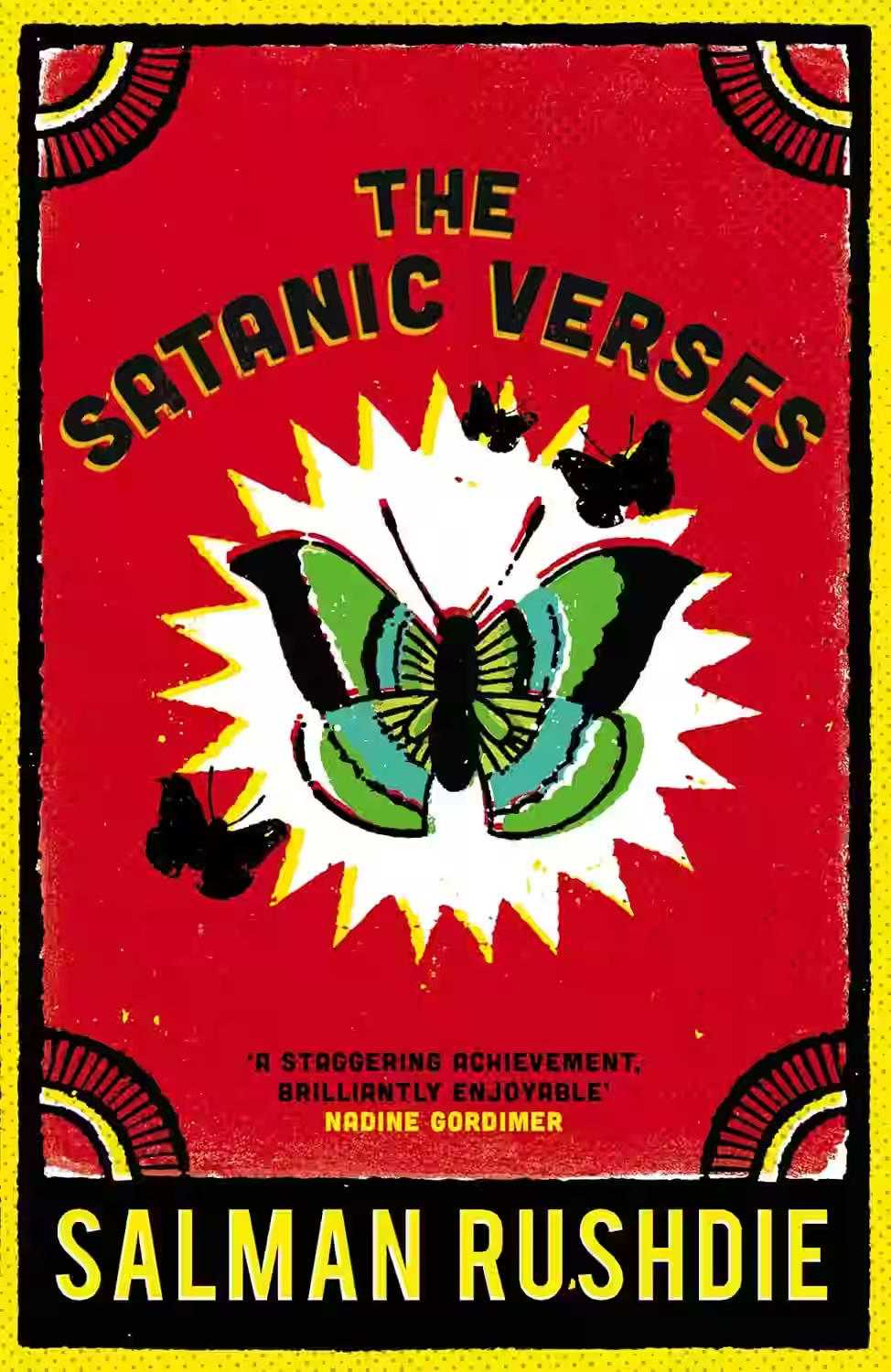
The Satanic Verses
Salman Rushdie’s The Satanic Verses is a complex, controversial novel blending magical realism with political and religious commentary. The story follows two Indian actors who survive a terrorist attack and undergo surreal transformations—one angelic, the other demonic. Through dream sequences and allegories, the novel explores themes of identity, migration, faith, and blasphemy. Loosely inspired by Islamic history and mythology, it sparked global debates on freedom of expression and religious sensitivity. Rich in symbolism and linguistic play, it remains a provocative and significant literary work.
Similar Books
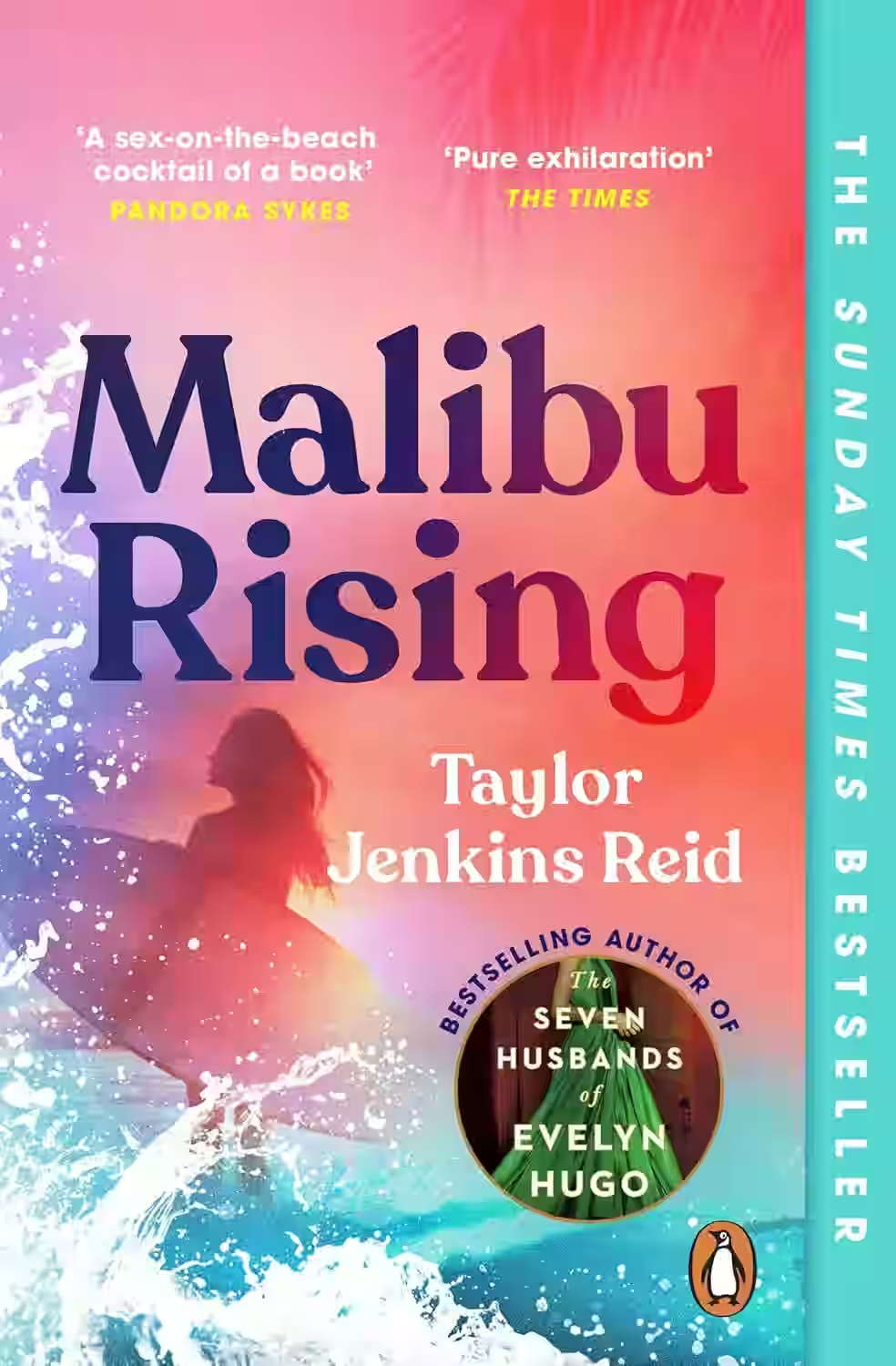
Malibu Rising
In 1983, the four Riva siblings—surfers and celebrities—throw their annual Malibu party. But as the night spirals, long-buried secrets rise, culminating in a fiery climax. Set against the backdrop of sun, surf, and fame, Malibu Rising explores family bonds, identity, and the cost of survival. Reid masterfully intertwines past and present in a fast-paced, emotionally rich novel about reinvention and resilience.
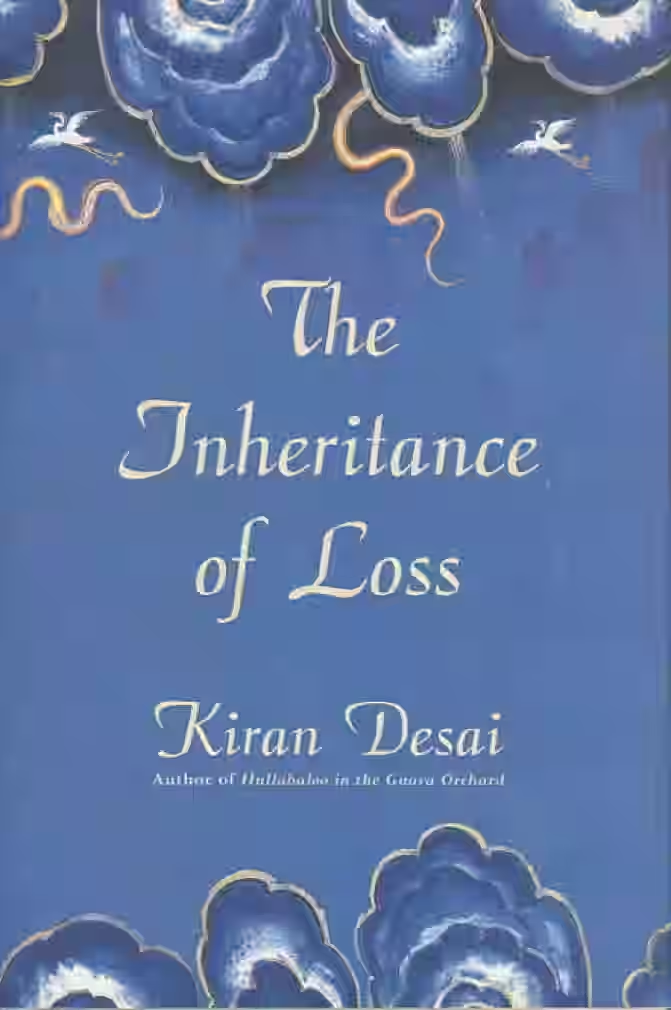
The Inheritance of Loss
by Kiran Desai
Set in the Himalayas during a time of political unrest, this Booker Prize winner follows a retired judge, his orphaned granddaughter, and their cook as they navigate personal and societal change. Interwoven with the cook’s son’s immigrant struggles in the U.S., The Inheritance of Loss examines colonial legacy, cultural dislocation, and fractured identities with lyrical poignancy.

The Candy House
Jennifer Egan's inventive sequel to "A Visit from the Goon Squad" explores the evolution of technology and its impact on human connection through interconnected narratives and experimental structures. It delves into themes of memory, consciousness, and the allure and potential pitfalls of shared digital experiences, showcasing Egan's signature stylistic innovation.
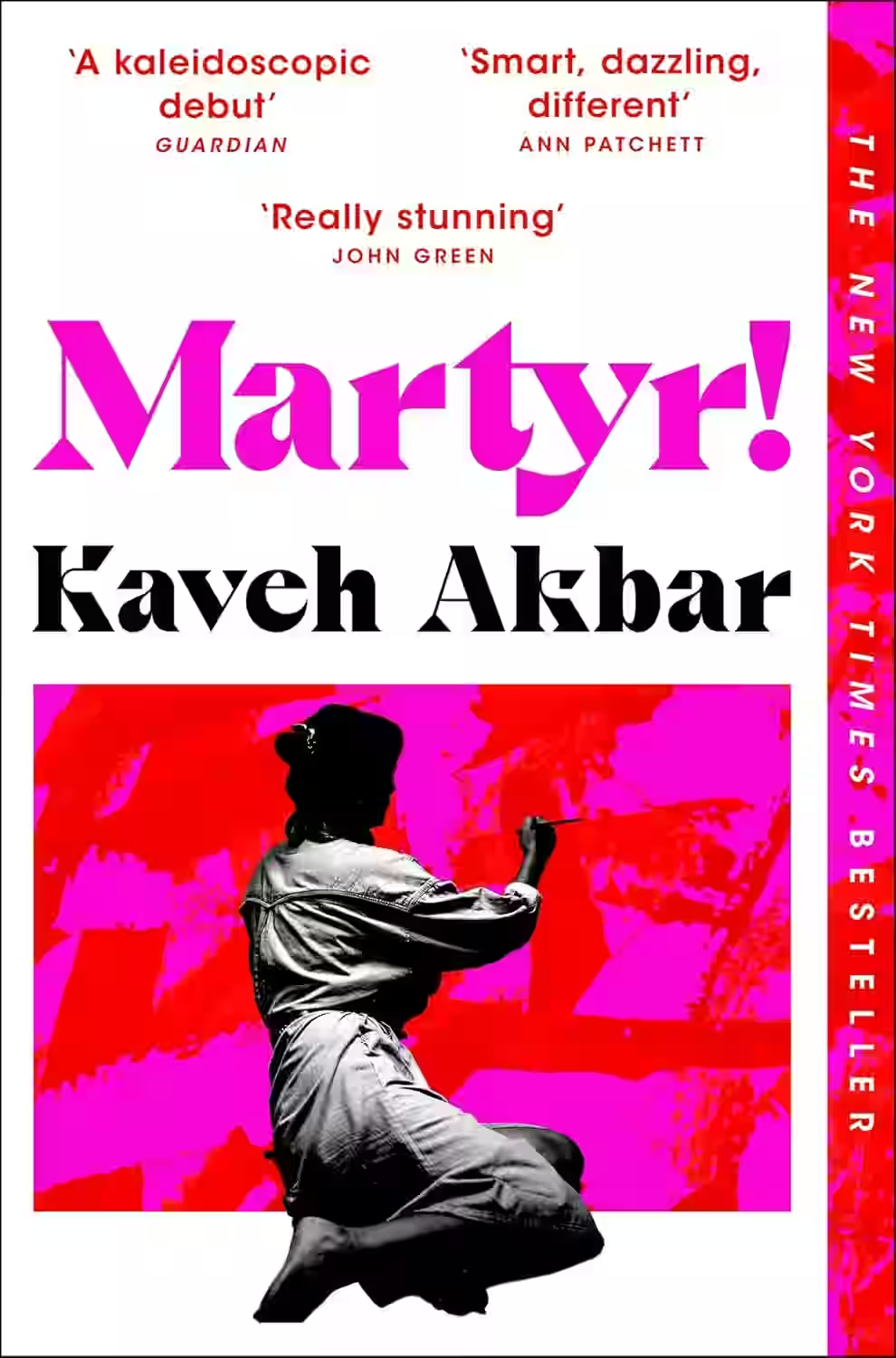
Martyr!
by Kaveh Akbar
Kaveh Akbar's debut novel, Martyr!, follows Cyrus Shams, a first-generation Iranian American poet grappling with the loss of his mother, who died in a tragic plane bombing. Haunted by grief and searching for meaning, Cyrus embarks on a journey that intertwines his personal struggles with broader themes of identity, legacy, and artistic expression. The narrative delves into the complexities of family, sacrifice, and self-discovery, highlighting the immigrant experience and the impact of loss. Akbar's prose offers a poignant reflection on the human condition and the quest for purpose.